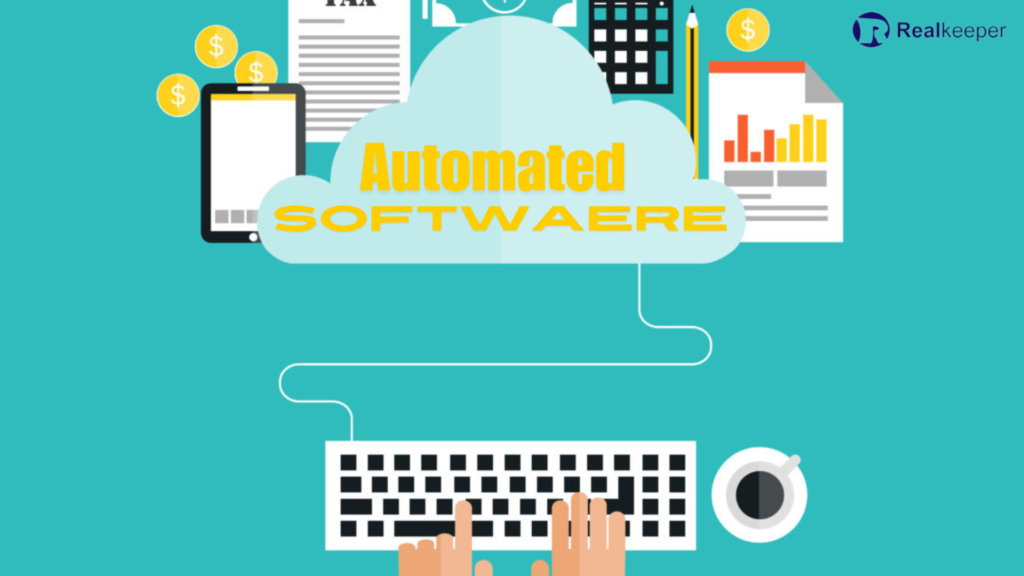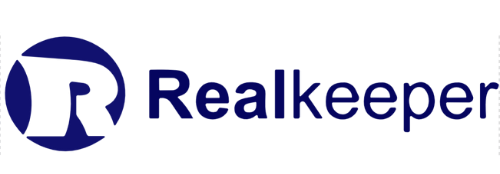
The Future of Finance: A Deep Dive into Automated Accounting Software
In today’s fast-paced business environment, efficiency and accuracy are paramount. Automated accounting software represents a significant leap forward in this regard, transforming traditional accounting practices into streamlined, error-reducing processes. This blog explores the evolution, benefits, challenges, and future of automated accounting software, offering insights into how it can revolutionize financial management for businesses of all sizes.
- Understanding Automated Accounting Software
Automated accounting software uses technology to perform routine accounting tasks, such as recording transactions, generating reports, and managing financial data. Unlike traditional accounting methods, which require manual input and are prone to human error, automated systems leverage algorithms and machine learning to handle repetitive tasks with precision and efficiency.
Key Features of Automated Accounting Software:
Transaction Recording: Automatically records transactions based on predefined rules or patterns.
Reconciliation: Matches transactions against bank statements or other records to ensure accuracy.
Financial Reporting: Generates financial statements and reports automatically, often with customizable templates.
Expense Management: Tracks and categorizes expenses, sometimes using receipt scanning technology.
Payroll Processing: Automates payroll calculations, tax deductions, and benefits management.
Tax Compliance: Prepares and files tax returns, ensuring compliance with current regulations.
Integration: Connects with other business systems, such as CRM or ERP, for seamless data flow.
- Evolution of Accounting Automation
The journey to modern automated accounting software has been marked by several key milestones:
Early Beginnings:
In the 1950s and 60s, accounting automation began with mainframe computers that could perform basic arithmetic operations. These systems were expensive and used mainly by large corporations.
Personal Computers and Software:
The 1980s and 90s saw the advent of personal computers and accounting software like QuickBooks and Sage. These tools brought automation to small and medium-sized businesses, offering features like electronic ledgers and automated calculations.
Cloud Computing:
The early 2000s introduced cloud computing, revolutionizing accounting with online access, real-time updates, and collaboration features. Software such as Xero and FreshBooks exemplified this shift, providing accessible, scalable solutions for a broader audience.
AI and Machine Learning:
In recent years, AI and machine learning have further advanced automated accounting software. These technologies enhance data analysis, predict financial trends, and improve decision-making processes.
Benefits of Automated Accounting Software
The adoption of automated accounting software offers numerous advantages:
Enhanced Accuracy:
Automated systems reduce the risk of human error in financial data entry and calculations. Algorithms and predefined rules ensure consistency and correctness, leading to more accurate financial records.
Time Savings:
Automating routine tasks frees up valuable time for accountants and finance professionals. Activities such as transaction recording, reconciliation, and report generation, which once took hours, can now be completed in minutes.
Cost Efficiency:
By reducing the need for manual labor and minimizing errors, automated accounting software can lower operational costs. Businesses can reallocate resources to more strategic activities rather than focusing on repetitive tasks.
Real-Time Insights:
Automated systems provide real-time data and analytics, allowing businesses to make informed decisions quickly. Dashboards and reports offer up-to-date financial insights, helping businesses react to changes in their financial status promptly.
Improved Compliance:
Automated accounting software often includes features to ensure compliance with accounting standards and tax regulations. Automatic updates and built-in checks help businesses adhere to legal requirements and avoid costly penalties.
Scalability:
As businesses grow, automated accounting software can scale with them. Whether a company expands its operations or adds new financial processes, automated systems can adapt to increased complexity and volume.
- Common Challenges and Considerations
While automated accounting software offers many benefits, it is not without its challenges:
Initial Costs:
The upfront cost of implementing automated accounting software can be significant. This includes the cost of the software itself, potential hardware upgrades, and training for staff.
Integration Issues:
Integrating automated accounting software with existing systems, such as ERP or CRM, can be complex. Compatibility issues and data migration challenges may arise, requiring careful planning and technical expertise.
Data Security:
Storing financial data in the cloud or on remote servers introduces potential security risks. Businesses must ensure that their chosen software provider implements robust security measures to protect sensitive information from breaches.
Dependence on Technology:
Automated systems are reliant on technology, which can sometimes fail or experience glitches. Businesses must have contingency plans in place for system downtimes or technical issues.
Adaptation and Training:
Employees may need time to adapt to new software and processes. Comprehensive training is essential to ensure that users can effectively leverage the software’s features and functions.
- Key Players in Automated Accounting Software
Several companies are leading the charge in automated accounting software, each offering unique features and advantages:
QuickBooks:
A pioneer in the field, QuickBooks offers comprehensive accounting solutions for businesses of all sizes. Its features include automated invoicing, expense tracking, and financial reporting.
Xero:
Known for its user-friendly interface and cloud-based solutions, Xero provides real-time financial insights, automated bank reconciliation, and seamless integration with other business tools.
FreshBooks:
Designed with freelancers and small businesses in mind, FreshBooks offers automated invoicing, expense tracking, and time management features. Its intuitive design makes it a popular choice for those new to accounting software.
Sage:
Sage offers a range of accounting solutions, from small business software to comprehensive ERP systems. Its automated features include financial reporting, payroll management, and tax compliance.
NetSuite:
As a leading ERP solution, NetSuite integrates accounting with other business functions, such as CRM and supply chain management. Its automation capabilities extend to financial planning, reporting, and compliance.
- The Future of Automated Accounting Software
The future of automated accounting software promises further advancements and innovations:
Increased AI Integration:
AI will continue to enhance automated accounting software by improving predictive analytics, anomaly detection, and decision-making processes. AI-powered systems will offer more sophisticated insights and recommendations.
Enhanced User Experience:
Future software will likely focus on improving user experience through more intuitive interfaces, customizable dashboards, and greater ease of use. Natural language processing and voice commands may become standard features.
Blockchain Technology:
Blockchain could revolutionize accounting by providing immutable, transparent records of transactions. This technology has the potential to enhance data security, reduce fraud, and streamline auditing processes.
Advanced Analytics:
Automated accounting software will increasingly incorporate advanced analytics and data visualization tools. Businesses will benefit from deeper insights into their financial performance, enabling more strategic decision-making.
Greater Integration:
Seamless integration with other business systems and third-party applications will become more prevalent. Automated accounting software will work in harmony with tools for project management, CRM, and inventory management.
- Conclusion
Automated accounting software represents a transformative development in financial management. By leveraging technology to handle routine tasks, businesses can achieve greater accuracy, efficiency, and cost savings. While there are challenges to consider, the benefits of automation far outweigh the drawbacks. As technology continues to evolve, automated accounting software will play an increasingly central role in shaping the future of finance.
For businesses seeking to stay competitive and agile, embracing automated accounting software is not just a choice—it’s a necessity. The future of finance is here, and it’s automated, streamlined, and smarter than ever #Automated Accounting #SoftwareAccounting #AutomationFinancial# #AutomationAccounting #SoftwareBusiness #Accounting Solutions



